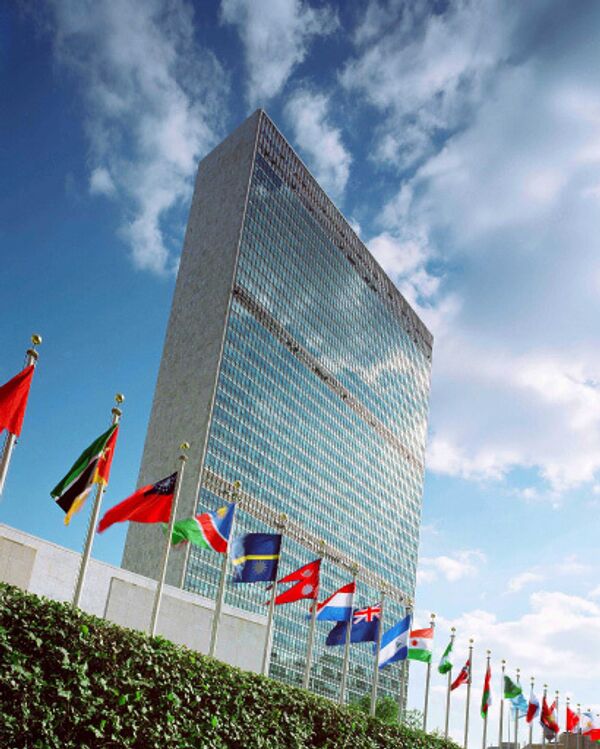Russia has called on Estonia to take all the necessary measures to protect the rights of ethnic minorities and abolish the status of "non-citizen", Russian Foreign Ministry said in a statement.
The UN Human Rights Council adopted on June 9 a series of 124 recommendations to Estonia under the Universal Periodic Review, asking the country to undertake reforms in such areas as human rights, non-citizenship, discrimination of ethnic minorities, human trafficking, gender inequality and prison conditions.
Estonia agreed with 81 recommendations, but rejected 20 and left 16 for further consideration.
"Unfortunately, Estonian side refused to support several important recommendations...mainly, four Russian recommendations, concerning discrimination of ethnic minorities and non-citizenship, the most acute Estonian problems of human rights, had not been adopted," the statement said.
The category of "non-citizen" was created by the Latvian parliament in 1991 and it largely applies to Russians who moved to then socialist republic during the Soviet era.
Ethnic Russians account for about 30% of Estonia's 1.34 million population. Because of the Estonian-language element of the citizenship test, many have "non-citizen" status, which denies them a national passport and prevents them from voting.
"Non-citizens" are not considered stateless persons in Estonia as well as in Latvia, but lack full rights, with the main restriction depriving "non-citizens" of the right to vote.
Out of 2 million people of Latvian population, around 350,000 have a status of "non-citizens."
International human rights organizations and the UN have repeatedly called on Estonia to make Russian its second official language, but successive governments have not changed the policy.
MOSCOW, June 11 (RIA Novosti)


